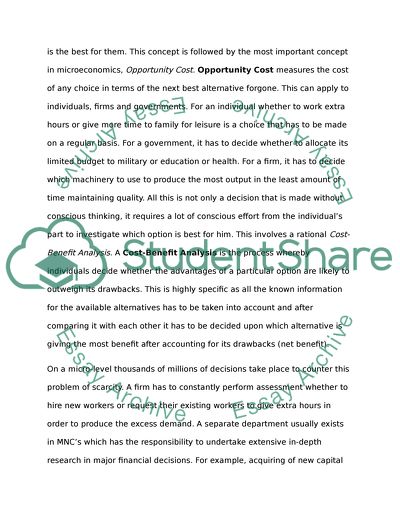Cite this document
(“Scarcity and how it Applies to Micro-Economic Decision Making Essay”, n.d.)
Scarcity and how it Applies to Micro-Economic Decision Making Essay. Retrieved from https://studentshare.org/macro-microeconomics/1432683-scarcity-and-how-it-applies-to-micro-economic
Scarcity and how it Applies to Micro-Economic Decision Making Essay. Retrieved from https://studentshare.org/macro-microeconomics/1432683-scarcity-and-how-it-applies-to-micro-economic
(Scarcity and How It Applies to Micro-Economic Decision Making Essay)
Scarcity and How It Applies to Micro-Economic Decision Making Essay. https://studentshare.org/macro-microeconomics/1432683-scarcity-and-how-it-applies-to-micro-economic.
Scarcity and How It Applies to Micro-Economic Decision Making Essay. https://studentshare.org/macro-microeconomics/1432683-scarcity-and-how-it-applies-to-micro-economic.
“Scarcity and How It Applies to Micro-Economic Decision Making Essay”, n.d. https://studentshare.org/macro-microeconomics/1432683-scarcity-and-how-it-applies-to-micro-economic.


